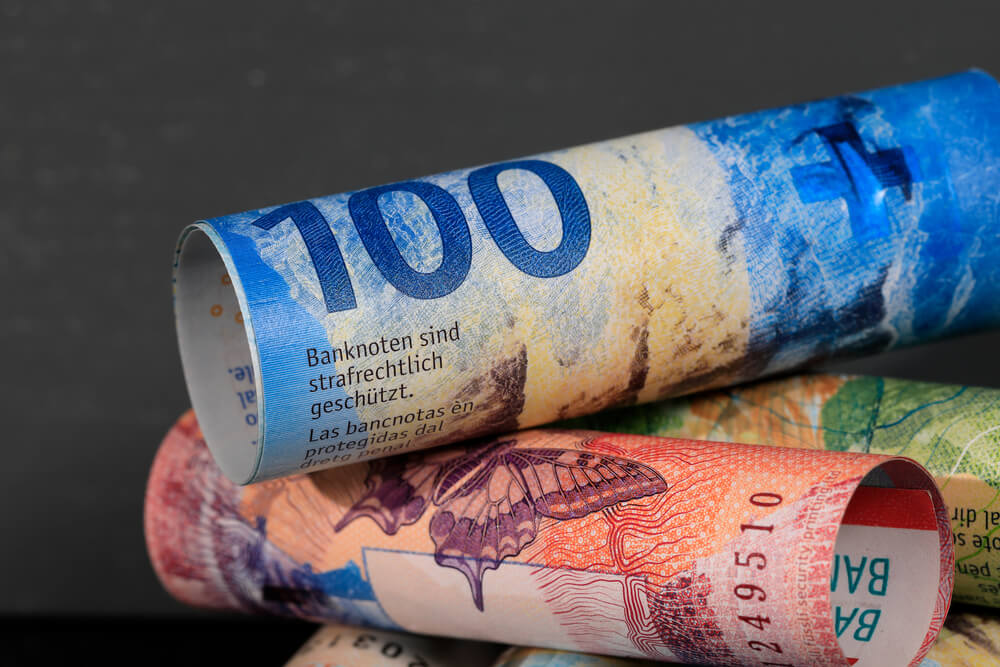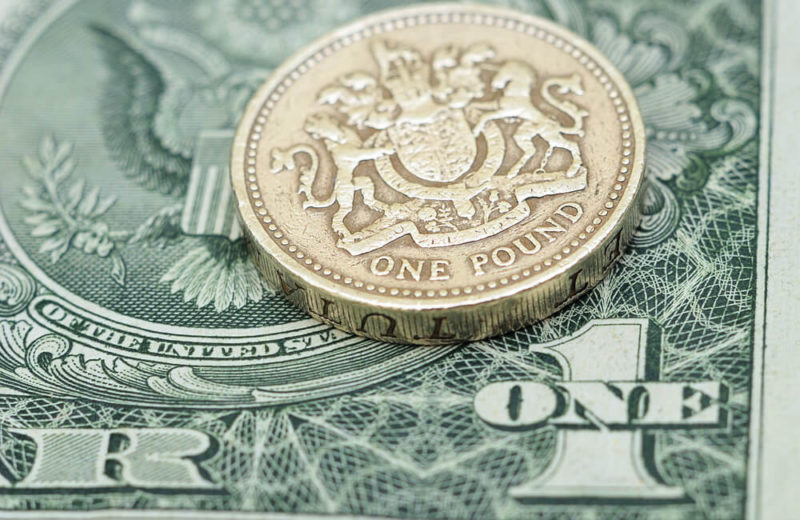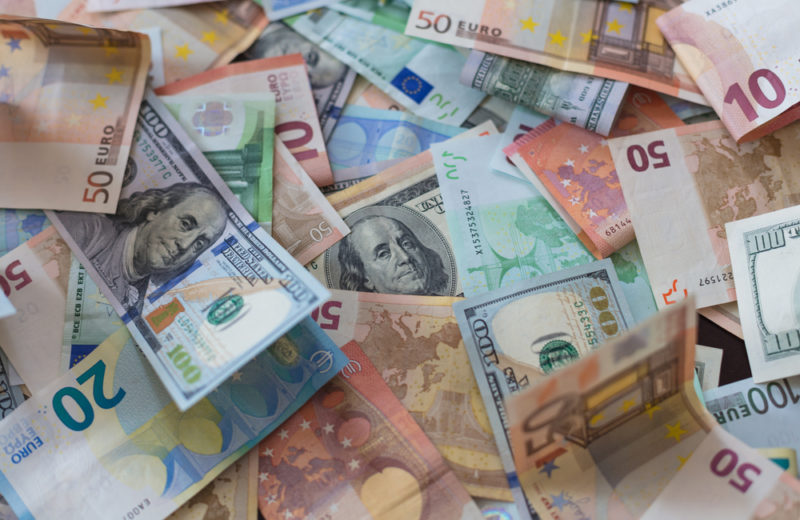Key Points:
- EUR/GBP falls to 0.8550s due to strong UK manufacturing data.
- Nationwide reports a 1.6% year-on-year house price increase in March.
- German Inflation eases March’s year-on-year Inflation at 2.3%.
The EUR/GBP currency pair has trended lower in recent trading sessions. Currently the EUR/GBP is in the 0.8550s range as of Tuesday. This movement is primarily attributed to robust UK Manufacturing data, which has painted a brighter picture of the British economy than its European counterpart.
The S&P Global CIPS Manufacturing PMI for the UK has surpassed expectations, with a final reading for March above 50, indicating an expansion in manufacturing activities for the first time since 2022. Conversely, the Eurozone’s manufacturing sector remains under pressure, as highlighted by the HCOB Eurozone Manufacturing PMI, which, despite outperforming flash estimates, still reflects contraction at 46.1.
UK Housing Prices Up 1.6% YOY, Miss 2.4% Forecast & EUR/GBP
The UK housing sector presented a complex landscape revealed in Nationwide’s latest report. Year-on-year house prices in March saw an increase of 1.6%. Although this fell short of the anticipated 2.4% rise, it nonetheless indicated improvement. This figure was an enhancement from the previous data. However, house prices experienced a slight dip of 0.2% monthly, contradicting the expected growth and marking a deceleration from prior months. These mixed signals suggest a cautious optimism in the housing market, balancing growth expectations and real-time economic conditions.
UK Mortgages Beat Forecasts at 60,332, Credit Dips
Mortgage approvals in the UK have notably exceeded forecasts, reaching 60,332 against an expected 56,500. This surge reflects a growing confidence in the housing sector with a slight price dip. However, UK consumer credit for February indicated a borrowed amount of 1.378 billion GBP, falling short of the forecasts and the previous month’s figure, suggesting a more conservative consumer borrowing behaviour amidst economic uncertainties.
German Inflation Eases to 2.3%, Below 2.4% Forecast.
As per the Harmonized Index of Consumer Prices, German inflation data reveals a Year-on-Year increase of 2.3% in March, slightly below the forecasted 2.4%. This decrease from the previous rate indicates a shift. Specifically, it suggests easing inflationary pressures in Germany. As a key economic indicator, this development could significantly influence broader European Central Bank (ECB) policies.
Interest Rate Hints Affect EUR/GBP Dynamic
The Bank of England (BoE) and the ECB have offered insights into their monetary policy directions. BoE Governor Andrew Bailey hints at potential interest rate reductions, citing a lack of significant inflationary pressures. Such a move could devalue the GBP, impacting the EUR/GBP trading dynamics. Conversely, ECB policymakers signal possible rate cuts, contingent on future economic data, introducing a layer of uncertainty in the EUR/GBP markets.
















